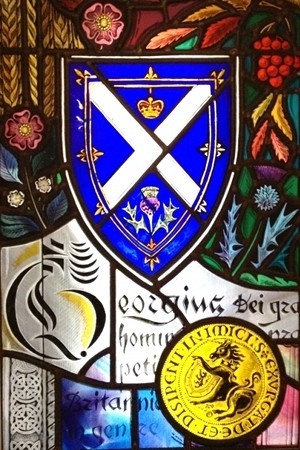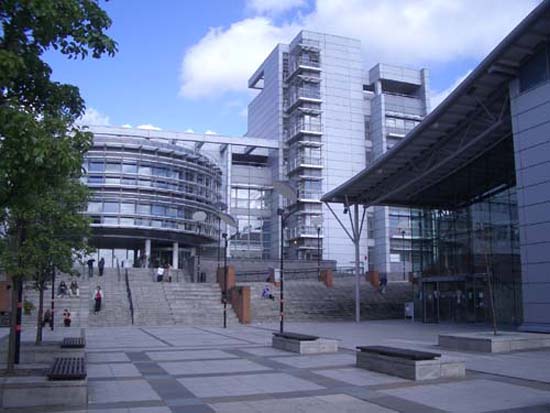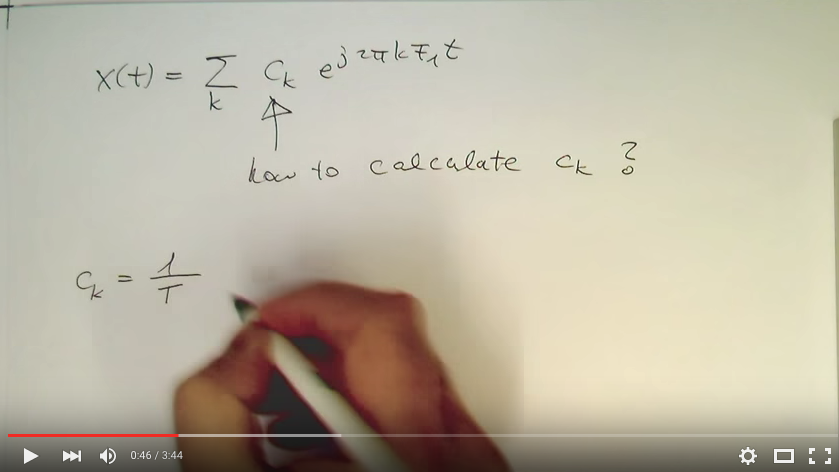Lorna Campbell
Lorna Campbell has been involved in open educational technology since 1997. Initially working on standards for resource description and management Lorna had a “natural progression” into the open education field and worked for the JISC CETIS service before her current role at the University of Edinburgh where she currently works as a digital education manager at the EDINA data centre and OER Liaison within the Learning Teaching and Web Services Division. As part of her role, Lorna is co-organising April 2016’s OER Conference.
Open Scotland
Open Scotland, which acts as a focal point for the open education community in Scotland, was inspired to some extent by the “hugely successful” UKOER programme aimed to develop OER practice within the English HE sector. Lorna explained that although the programme largely focused on English higher education institutions (HEIs) UKOER also impacted on the Scottish sector: some institutions were involved in a support capacity and the University of Leeds policy on OER informed institutional policies that were developed in Scotland. However, as Lorna explained whilst there is a lot of grassroots support for open education in Scotland, there was, and remains, a need to “…raise awareness of OE within the Scottish Government and senior management level.”
To help address this challenge and further engagement at management level, Open Scotland organised the Open Scotland summit. Key individuals in the open education world, such as Creative Commons’ Cable Green, along with 30-40 other participants met at the National Museum of Scotland in Edinburgh to discuss what could be done to raise awareness of open education at a national and government level. As part of this discussion participants reviewed the 2012 Paris OER Declaration and discussed whether the Declaration would be something that might be endorsed by the Scottish Government and Scottish Funding Council:
“People felt it was a useful document, it was very worthy, very worthwhile but also felt it was too focused on OER alone and in actual fact what we were more interested in was open education more widely so encompassing not just OER but also open practice, open assessment practices, possibly the use of open standards, the use of open source software…”
The next stage was to develop a Declaration that reflected the “broad umbrella term” of open education, covering not only open educational resources but also open courseware and open educational practices. Lorna kickstarted the process by redrafting the Paris Declaration to reflect a wider remit. This document was then opened up for community comment and review via Wordpress on Reclaim Hosting. The draft received feedback from across Scotland and the open education community around the world. The Declaration was later redeveloped as part of the Opening Educational Practices in Scotland (OEPS) project. The latest version of the openly licensed (CC-BY-SA 4.0) declaration is available Open Scotland Declaration.
Lorna’s motivation for broadening scope of the declaration makes it clear that practice around the content is key:
“...there has been a danger in some quarters to expect OER alone to transform education … some people have expected that simply resources to be transformative… that’s not the case. OER is simply content with an open license, that’s all it is. And that alone will not transform education, as part of the wider open education landscape, I think it will, and I feel very, very strongly that there are moral reasons, there are ethical reasons, why publically funded educational content should be available under an open license. And I think particularly in a country like Scotland, which has a very strong tradition of education, that I kind of find it odd that open education has never quite slotted in at the government vision level.”
Listen to this interview extract
Challenges
Although the Declaration has been used to discuss open education with senior management in individual institutions, Lorna noted the continued challenge of progress at a government level. The ALT Scotland SIG (special interest group) and Lorna in her current role at the University of Edinburgh continue work around the Declaration and there has been some ministerial interest in the Declaration. Lorna reflected on the current state of affairs, with no public funding calls on open education, OER/OEP was being driven forward by individual institutions and “grassroots” support for change:
“I think it has been useful for sector … there is a lot of open educational practice within Scotland, it’s very disparate, it’s still, I think, very ground level – which in many ways is a good thing… ultimately one day I would like to see publically funded education resources in Scotland released under an open license because you really do have to ask yourself, well, why not?”
Lorna also noted that because the Declaration was in “draft” format, management at some institutions had been reluctant to consider it. The Declaration’s status has since been changed to a v.1.0.
Impact
Lorna explained how the Open Education Declaration was an important tool for raising awareness of OER and OEP by “opening up conversations” and helping faculty further conversations with management. Lorna gave an example of where one institution “…had taken the declaration to their senior managers to highlight what open education was about and why they should be involved…”
The Declaration’s draft and open status also opens up the possibility of amending and reworking the Declaration to suit individual needs.
Next steps
Following OER16 in April 2016 Lorna will continue to push forward open education at senior level as part of her role at the University of Edinburgh and to collaborate with projects such as OEPS. She noted that the Paris Declaration might be redrafted and broadened and that the Scottish Declaration could help feed into this planned future reworking.
Planting the seed of open
“I think it can be very useful to grow your own open educational practice…”
Lorna stressed that ideas for starting out on one’s experimentation with open practice are very much situation dependent. However, as Lorna has found over the course of her career, the transferability of open educational practices (OEP) ensures that, just like one’s professional identity, they are portable from role to role. In addition resources created and released under an open license ensure that whatever you are doing, or if you change roles, you can still access and use material you have created. In addition the “wider support network” that Lorna developed has provided other opportunities.
One great example of what could be described as a true story of open sharing and which reflects Lorna as an “open practitioner” and her own open ethos is her contribution to Cost of Freedom. This openly licensed book reflects different thoughts and ideas around “free culture” and was produced as part of the Free Bassel campaign, to raise awareness of the disappearance of detained Syrian open knowledge advocate Bassel Khartabil. Lorna was invited to contribute by Adam Hyde of Booksprints who she’d first met when he facilitated a three day booksprint to create Into the Wild: Technology for Open Educational Resources, an open ebook which reflected on three years of the UKOER programmes. You can read more on Lorna’s blog.
Photo credits: Lorna (CC-BY 3.0, via her blog), Open Scotland logo (CC-BY 4.0, via Open Scotland blog)
Originally published on 23 October 2015 - 4:46pm by Beck Pitt




